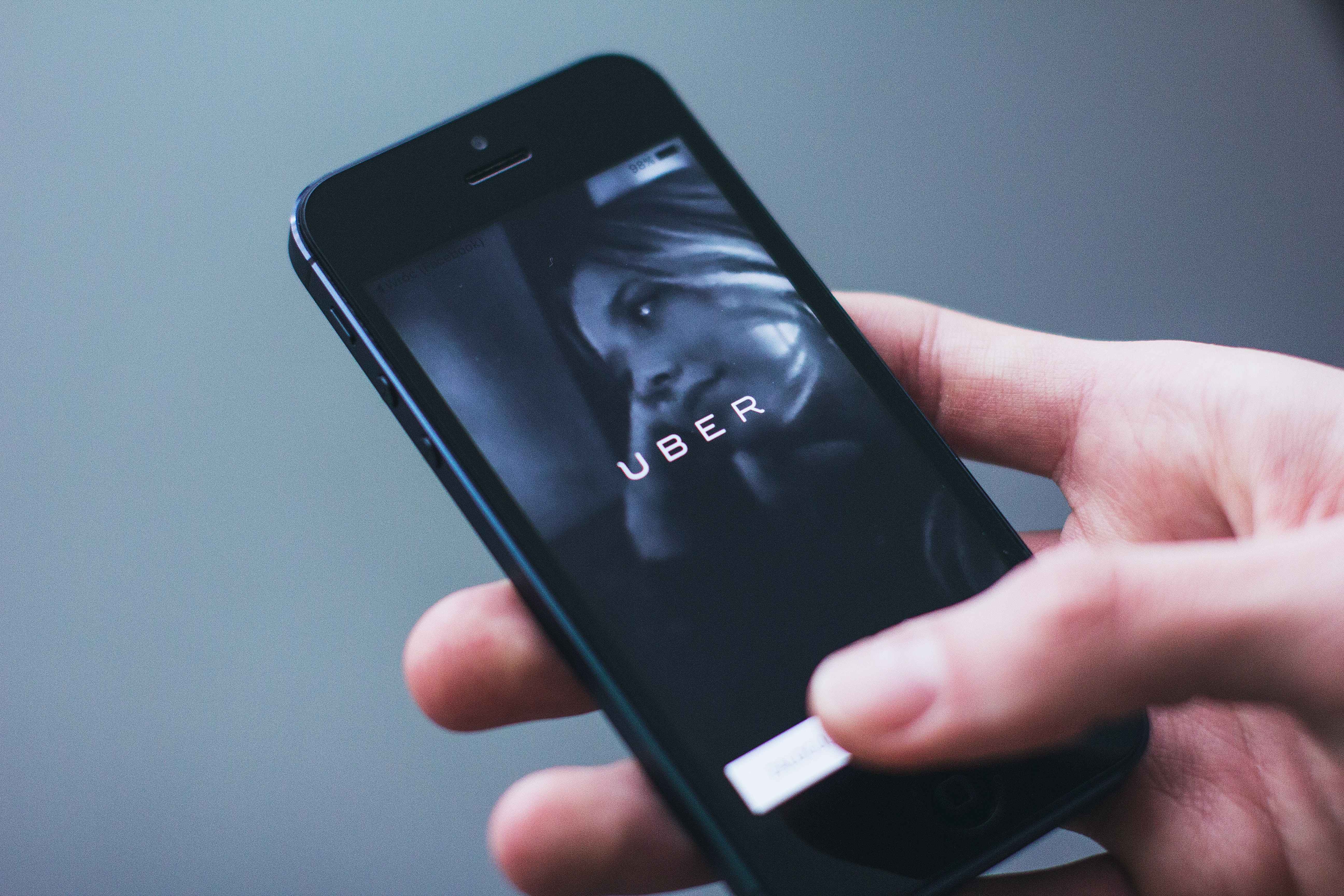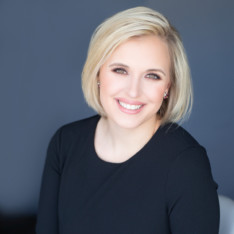Uber’s New Feature: A Response to Fake-Driver Epidemic
After a lawsuit exposed Uber’s fake-driver problem, the firm developed a safety reminder to keep riders from becoming victims. The feature, which is scheduled to first roll out in Columbia, South Carolina, will consist of push alerts reminding riders to check the driver’s license plate number, the car make and model, and the driver’s name and photo before entering the car.
In addition, banners containing safety alerts will also be on display inside the app.
According to Uber’s chief legal officer, Tony West, these reminders are “persistent, more frequent push notifications” that will help to keep riders safe.
The new feature should become available to all U.S. users in the coming days.
Protecting the Consumer, No Regulation Necessary
In early April, a lawsuit naming Uber as the defendant claimed women who had been drinking in Los Angeles were being targeted by fake Uber drivers.
Despite allegedly being warned by law enforcement, Uber failed to alert local riders. And because of the company’s failure to act, the documents stated, the three women were raped.
Claiming that five similar assaults had happened in the area and that the company had failed to do enough to keep riders safe, the lawsuit accused Uber of negligence. When asked whether the ride-sharing app could have been more proactive in this case, West said the firm is always going above and beyond, but that it could always do more.
“You will never hear me say that we have done enough on safety,” he told reporters. “It’s my commitment. It is the commitment of the entire company.”
But despite the firm’s alleged commitment, the lawsuit highlighted a problem in other areas across the country as well.
Samantha Josephson was the victim of a similar attack in late March, but she did not survive to tell her story.
After being kidnapped and killed after entering what she thought was her Uber car, the student from the University of South Carolina became a symbol of this pressing problem.
In order to help prevent similar incidents, the victim’s parents launched the #WhatsMyName? campaign, urging Uber users to ask drivers, “What’s my name?” before entering the vehicle. But that alone would not prevent similar incidents. And perhaps, pressure coming from both of these incidents helped to push Uber to finally add safety features to its app. This action will hopefully help riders make sure the vehicles they are entering don’t belong to fake Uber drivers.
What Uber did exemplifies just why private enterprise is more effective than the government. After all, these and similar incidents help to damage the company’s reputation, and if nothing is done and more people are hurt, users might think twice before accessing the platform.
In the market, companies have an incentive to act with the safety of the consumer in mind. And if they don’t, they will surely suffer, as consumers’ suffering due to negligence makes for bad publicity.
Unlike government and public agencies, which have no competitors and are often protected from lawsuits, private companies suffer the consequences of their actions. And not acting when customers are hurt is not an option. Because this mechanism exists in the market, there’s no need for government intervention.
After all, companies are more capable of listening to their customers as they deal with them directly, listening to their complaints. Government, on the other hand, is unable to obtain information from all parties efficiently as it cannot assess consumers’ needs without using a massive amount of resources and funding. That’s why the regulations focused on safety often backfire, as they fail to take into account important details that companies are better equipped to resolve.
So while Uber may have failed to act promptly in Los Angeles and may have put customers in danger then, the firm seems to have learned its lesson. If anything, this shows that the market responds to problems in order to protect consumers, not hurt them, as many accuse private organizations of doing in a capitalist setting.
If we truly had a fully free market economy, this type of reaction would always be the norm. It is when crony capitalism reigns supreme that we have instances of companies knowingly pushing products that hurt consumers — with the support and blessing of the government.













